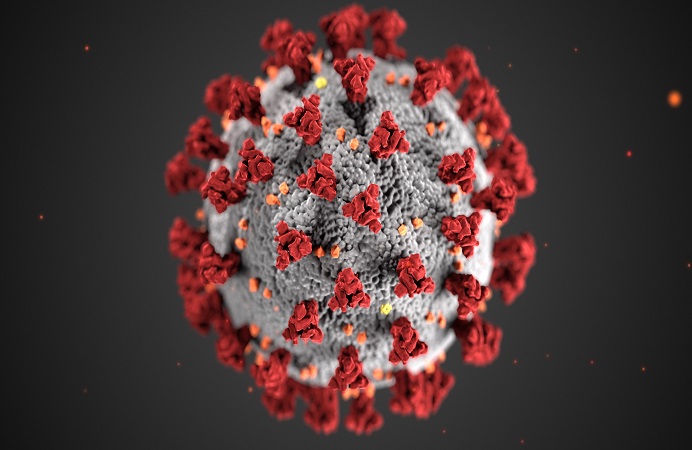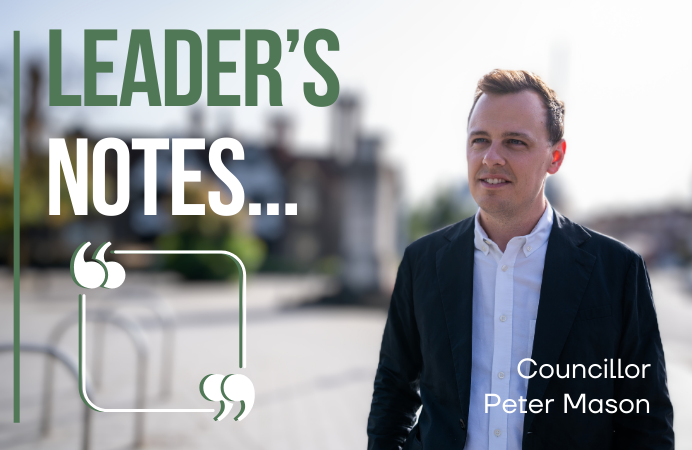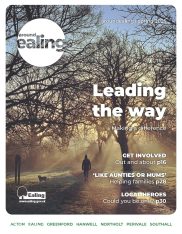The COVID-19 pandemic was unprecedented and had an impact on everyone. It exposed, and made worse, existing health, social and economic inequalities. But amazing examples of communities supporting each other – often with the help of the council and the NHS – were seen throughout the pandemic.
Community leaders had a key role in sharing messages. Messages coming from these trusted individuals in the community were vital. It helped key concerns to be fed back and understood, along with knowing how messages were getting through.
Ealing’s independent Race Equality Commission has since highlighted the need to look at the impact of the pandemic and use what was learned to help reduce health inequalities. The council’s Health and Wellbeing Board also committed to carrying out a review of the lessons learned and how they were being acted on.
Communities came together
Councillor Josh Blacker, Ealing Council’s cabinet member for healthy lives, said: “It is clear that the COVID-19 pandemic highlighted some communities were particularly vulnerable in many ways – including relatively high levels of people working in front-line occupations or with uncertain employment, houses of multiple occupation, multi-generational households and existing long-term health conditions.
“But it is also clear that a real strength was the way our communities came together to support each other, and that is something that we can work with them to develop.
“We are an open, transparent and inclusive council and the recommendations in this review are already being actioned to improve the health outcomes for these communities and our recently published Health & Wellbeing Strategy (2023-2027) sets out the borough-wide approach that is being taken to address health inequalities.”
Recommendations
Recommendations of the review of the council’s response to the COVID-19 pandemic include:
- building on structures set up during the pandemic to ensure continued engagement with communities to further build trust
- support for multiple community languages in key communications which should be designed with local communities’ involvement
- a combination of boroughwide and smaller, localised approaches are needed – all informed by local community input
- upskilling teams and communities to support emergencies
- developing a pack of practical information and plans for any future emergency response.
The full review can be read on the council’s website.







